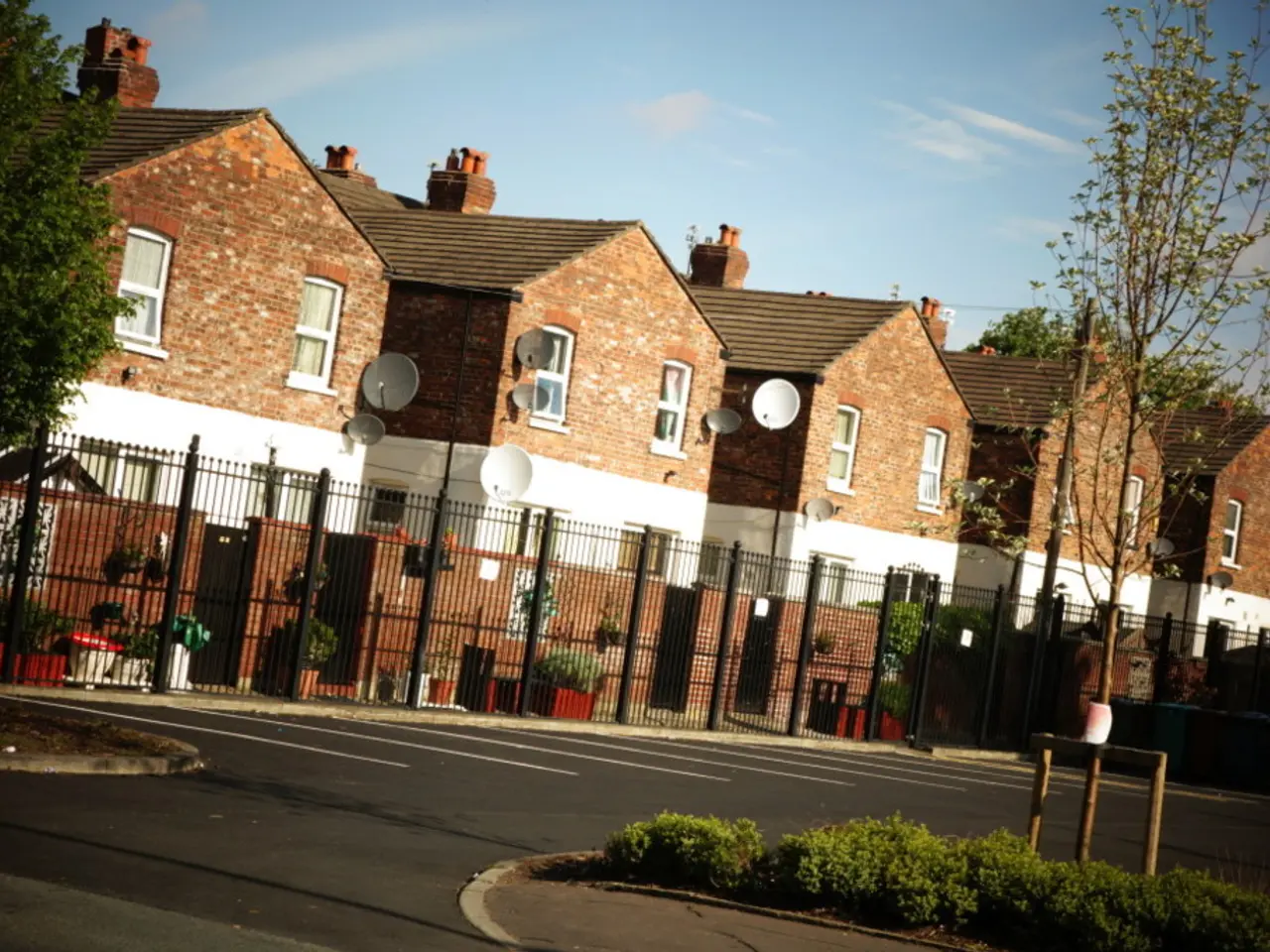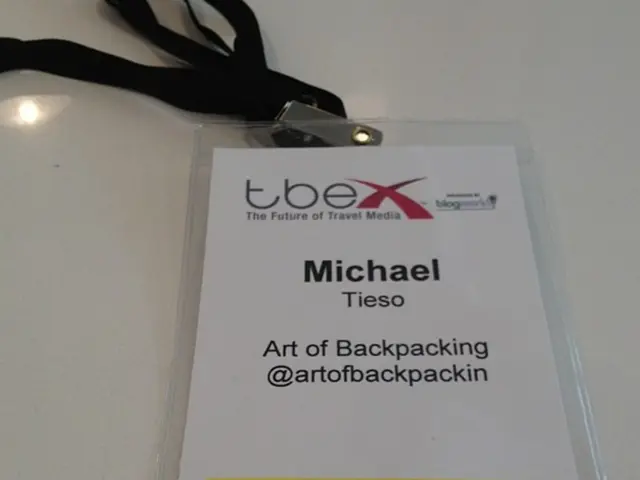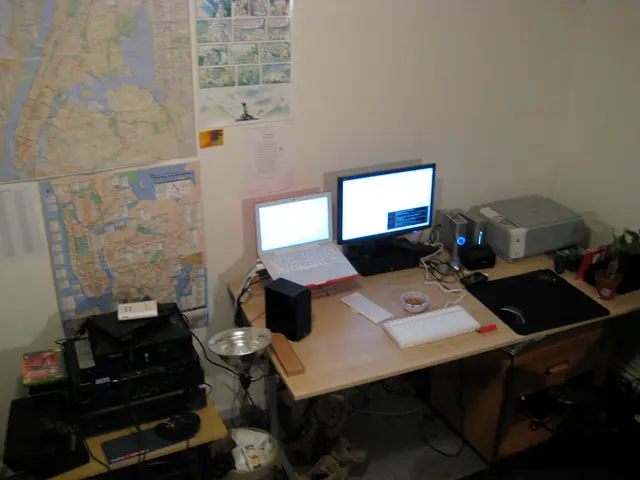Amazon Kuiper, the satellite broadband project by Amazon, receives a Non-Geostationary Orbit (NGSO) license from Ofcom, and Spectrum is made available for allocation, aiming to enhance connectivity.
The United Kingdom's communications regulator, Ofcom, has taken significant strides in bolstering the nation's connectivity by announcing plans to make available additional radio spectrum in the 27.5-30 GHz (28 GHz) and 32 GHz bands. This move is expected to provide opportunities for new services that will deliver improved connectivity for people and businesses across the UK.
Ofcom's decision to make spectrum available for point-to-point fixed links in the 32 GHz band will occur later in 2025, while an additional 2 x 112 MHz of spectrum in the 28 GHz band has been made available immediately for land-based satellite terminals on a nationwide basis. This includes frequencies for land-based satellite terminals and satellite gateways.
The 27.5-30 GHz band (28 GHz) and 32 GHz band are designated millimeter wave (mmWave) frequencies with strong potential for fixed and mobile connectivity, including satellite and terrestrial fixed links. However, as of mid-2025, Ofcom has not publicly released specific updated details or confirmed a full spectrum release in these bands explicitly for satellite and fixed links connectivity services.
Industry trends indicate increasing global interest and deployments in mmWave bands, including 28 GHz for 5G Fixed Wireless Access. Amazon Kuiper Services Europe SARL has received an earth station network licence from Ofcom for its non-geostationary orbit (NGSO) satellite system, known as 'Kuiper'. This system will provide high-speed, low-latency broadband in the UK.
Ofcom's decision to release additional spectrum is intended to support innovation, investment, and growth, particularly in rural communities. The 28 GHz band can be used for satellite gateways and satellite terminals such as a satellite dish, and fixed links, wireless systems that transport data between two or more fixed locations, providing another way of providing connectivity in areas where fibre broadband is not available.
Satellite services transmit data to and from space, providing internet access to rural or remote areas where other options may not be available. Satellite gateways are hubs that connect the satellite network to the internet, private networks, or the cloud. The additional spectrum made available by Ofcom for the 28 GHz band includes frequencies for land-based satellite terminals and satellite gateways.
Ofcom will revisit the issue of direct authorisation for satellite gateways in 28 GHz frequencies if evidence suggests that market mechanisms are not proving effective in enabling gateway access. The regulator has also decided not to introduce a new process to directly authorise satellite gateways in 28 GHz frequencies licensed to Spectrum Access licensees at this time.
The release of additional spectrum in the 28 GHz and 32 GHz bands is part of Ofcom's ongoing efforts to ensure the UK stays at the forefront of technological advancements, supporting the growth of next-generation services and technologies. For the most up-to-date information on licensing plans and upcoming consultations, it is advisable to contact Ofcom directly or monitor their announcements, as the UK’s mmWave spectrum strategy continues to evolve.
- The decision by Ofcom to release additional spectrum in the 28 GHz band, particularly for satellite gateways and land-based satellite terminals, aligns with the growing interest in the technology sector, specifically in satellite connectivity, as evidenced by Amazon Kuiper Services Europe SARL's receipt of an earth station network license for its non-geostationary orbit (NGSO) satellite system.
- In the finance sector, the provision of high-speed, low-latency broadband in the UK through satellite services, such as Amazon Kuiper, is expected to drive investment and growth, particularly in rural areas where limited connectivity previously impeded development, further demonstrating Ofcom's commitment to advancing the UK's position in both the technology and industry arenas.




